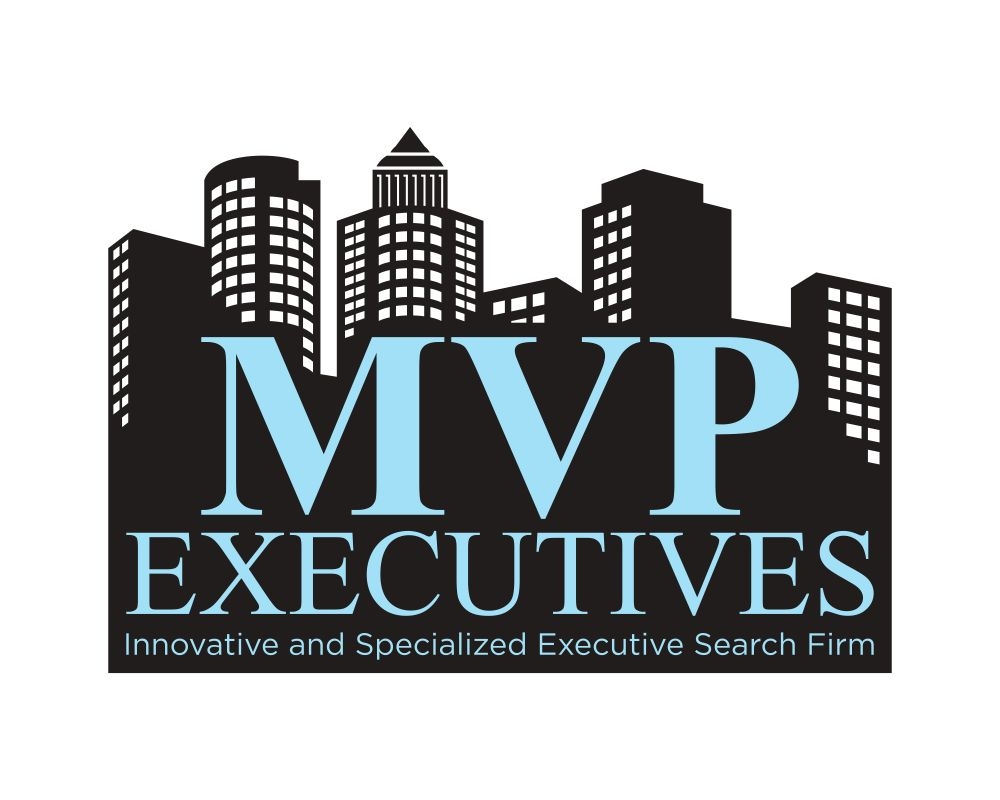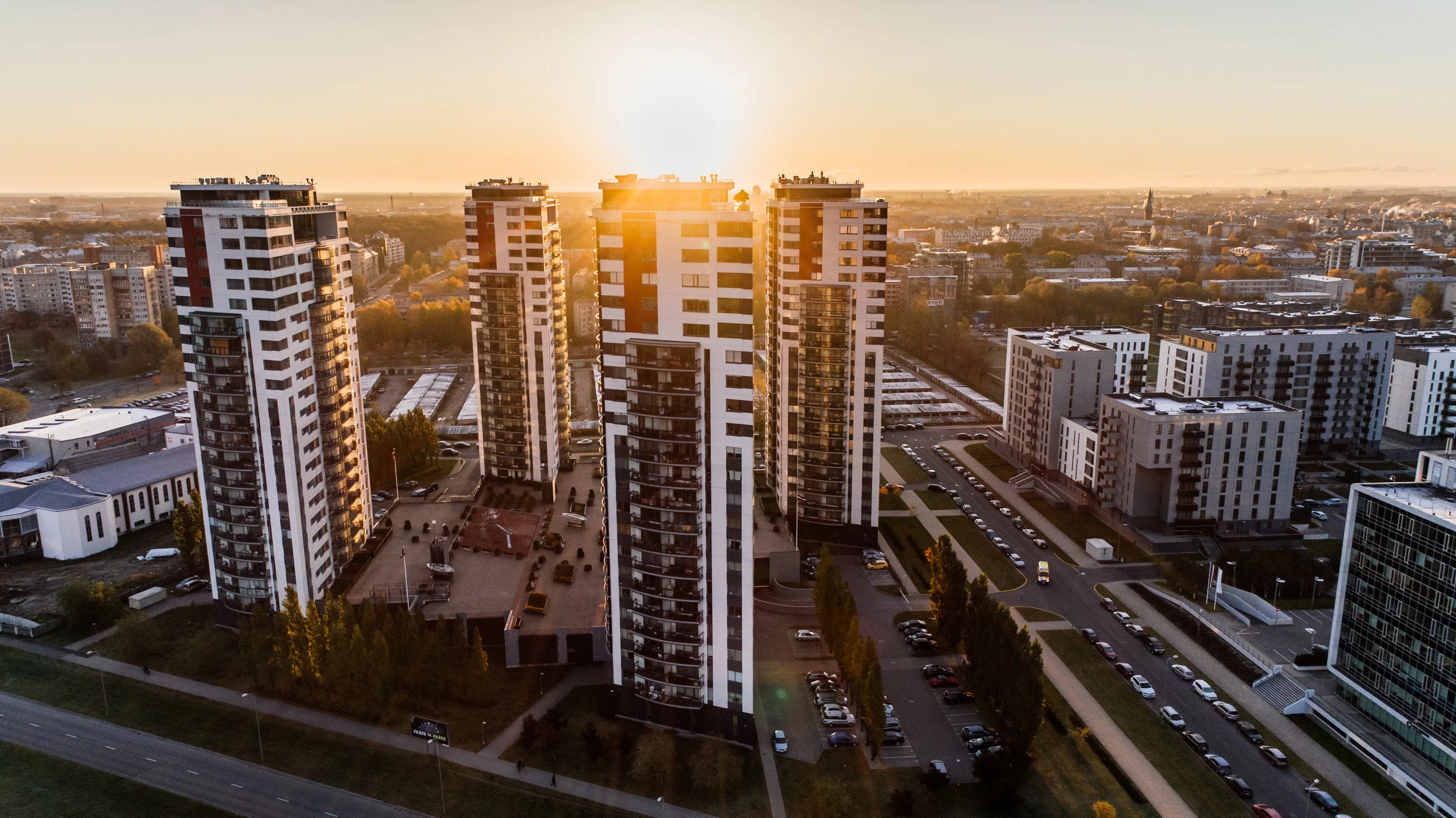In the dynamic landscape of corporate management, Regional Managers play a pivotal role in multifamily housing. Despite the criticality of their roles, these professionals often exhibit an average tenure of just 3-5 years. Several factors contribute to this relatively short duration, from corporate culture and career growth opportunities to overall job satisfaction. This article delves into these factors to provide a clearer understanding of the turnover in this key position.
Corporate Culture
Corporate culture stands as a primary factor influencing the tenure of Regional Managers. A culture that fosters inclusivity, recognition, and aligns with the manager's values can enhance job satisfaction and prolong tenure. Conversely, a misalignment in expectations and values can lead to dissatisfaction, prompting Regional Managers to seek new opportunities. The culture of empowerment and autonomy also plays a significant role; managers thrive in environments where they are trusted to make decisions and lead their teams effectively.
Career Growth Opportunities
Career progression is another critical determinant. Regional Managers often face a plateau in their career paths within certain organizations, especially if upward mobility requires relocating or drastically altering their lifestyle. Companies that offer clear, attainable advancement paths and invest in the professional development of their managers are more likely to retain talent for extended periods. On the other hand, a lack of such opportunities can make even the most dedicated managers consider their longevity and professional growth elsewhere.
Job Satisfaction
Job satisfaction encompasses several aspects, including the nature of the work, the challenges it presents, and the rewards it offers. Regional Managers who find their work meaningful and rewarding are more likely to stay put. Factors such as job autonomy, the complexity of tasks, and recognition for achievements contribute significantly to job satisfaction. Additionally, work-life balance is a crucial component; managers who feel overwhelmed or burnt out by their responsibilities are more inclined to leave sooner.
External Market Factors
The broader economic and industry-specific trends also impact tenure. For example, in booming industries or regions, opportunities for advancement or lateral moves to other companies can tempt a Regional Manager away from their current position. Economic downturns, conversely, might lengthen tenure, as managers opt for the security of their existing roles over the uncertainty of a new position.
Conclusion
The average 3-5 year tenure of Regional Managers reflects a complex interplay of factors. Organizations aiming to retain top managerial talent must focus on nurturing a supportive culture, providing clear career progression paths, ensuring job satisfaction, and staying responsive to the changing economic landscape. By addressing these factors, companies can not only extend the tenure of their Regional Managers but also boost overall organizational effectiveness and morale.

